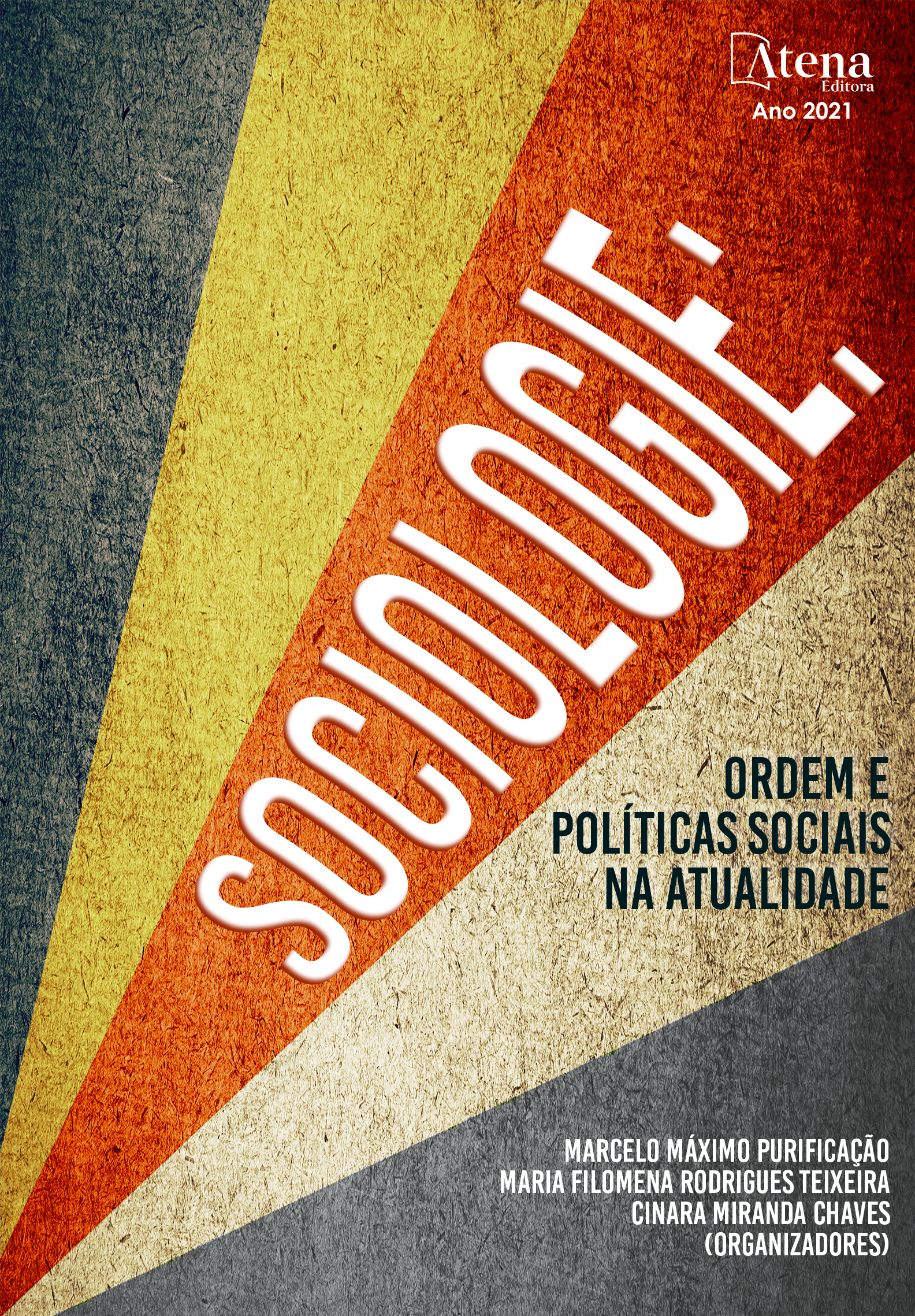
DIAS GOMES E OS ESPETÁCULOS MUSICAIS: CULTURA, ARTE NO BRASIL SOB A DITADURA MILITAR
Este trabalho aborda a importância política do teatro musical na obra de Dias Gomes. Tomo por base Dr. Getúlio, sua vida e sua glória (1968)/Vargas (1983), As primícias (1978) e O rei de Ramos (1979) e enfatizo como características fundamentais a mistura entre música, dramaturgia engajada e encenação. Examinar esses musicais equivale a revisitar, de certa forma, o momento vivido no Brasil, que essas peças denunciam e subvertem, enquanto nos possibilitam uma aproximação com estilos narrativos diferenciados de representação do poder institucionalizado. Nessa esteira, entendo que o discurso musical afeta o espectador não só por meio dos parâmetros sonoros, mas igualmente pela sua capacidade de sugerir imagens e de inventar espaços e lugares ao criar figurações cênico-dramáticas. A propósito, convém lembrar que a música sempre foi uma referência importante no trabalho de Dias Gomes, no que se refere à sua escritura teatral. Daí a pertinência da discussão que envolve o contraponto entre as linguagens musicais e plásticas na composição da polifonia intrínseca do seu teatro. Disso decorre ainda, mais especificamente, o interesse em analisar a junção da música e da obra teatral como expressões de engajamento e de intervenção sonora que fluíam nos palcos e para fora deles nos tempos difíceis da ditadura militar brasileira, que ainda mostraria fôlego para perdurar, com maior ou menor força, por longos 21 anos.
DIAS GOMES E OS ESPETÁCULOS MUSICAIS: CULTURA, ARTE NO BRASIL SOB A DITADURA MILITAR
-
DOI: 10.22533/at.ed.7962129116
-
Palavras-chave: Dias Gomes; autoria; engajamento.
-
Keywords: Dias Gomes; author; engagement.
-
Abstract:
This paper addresses the political importance of musical theater in Dias Gomes’ work. It is based on Dr. Getúlio, sua vida e sua glória (1968)/Vargas (1983) (Dr. Getúlio, his life and his glory (1968)/Vargas (1983)), and O rei de Ramos (1979) (The king of Ramos (1979)), and highlights the mix of music, politically engaged dramaturgy, and staging as its fundamental characteristic. Discussing these musicals means, in a way, both revisiting the moment Brazil went through, which these plays denounce and subvert, and approaching different narrative styles to represent institutionalized power. Along this line, I understand that the musical discourse affects the audience not only through sound parameters, but also through its ability to suggest images and invent spaces and places by creating scenic-dramatic figurations. In this respect, we should remember that music has always been an important reference in Dias Gomes’ work, in terms of his theatrical writing. Thus, it is relevant to discuss the counterpoint between musical and plastic languages in the composition of the polyphony that is inherent to his theatre. Thence, more specifically, the interest in analyzing the combination of music and theatrical work as expressions of political engagement and sound intervention flowing on and from the stage during the tough times of the Brazilian military dictatorship, which would still persist, with greater or lesser force, for long 21 years.
-
Número de páginas: 14
- Kátia Rodrigues Paranhos


